SIXTH CIRCUIT ERASES “CHALKING” OF PARKED CARS
It’s not often that a dispute over parking tickets ends up in federal court. But that’s exactly what happened this week in Taylor v. City of Saginaw.
Taylor involved a challenge to “a common parking enforcement practice known as ‘chalking,’ whereby City parking enforcement officers use chalk to mark the tires of parked vehicles to track how long they have been parked.” This practice is used by many jurisdictions and is generally known to be effective for identifying those that stay too long in their spot. But it is apparently very effective in Saginaw, Michigan.
After receiving a slew of parking tickets, Ms. Taylor filed suit in federal court, alleging that the City violated the Fourth Amendment by chalking her tires without her consent or a valid warrant. The Sixth Circuit agreed, relying upon the Supreme Court’s recent decision in United States v. Jones, 565 U.S. 400 (2012), to hold that chalking constitutes an unreasonable trespass upon a constitutionally-protected area (your car).
At first blush, chalking a car’s tires may not seem like the type of “search” typically raising Fourth Amendment concerns. But as Judge Donald explained, Jones signaled a rebirth of “the seldom used ‘property-based’ approach to the Fourth Amendment search inquiry,” which focuses on physical intrusion to one’s property:
Under Jones, when governmental intrusions are accompanied by physical intrusions, a search occurs when the government: (1) trespasses upon a constitutionally protected area, (2) to obtain information.
In the Court’s view, chalking satisfied both of these requirements: the officer came into contact with Ms. Taylor’s car, in an attempt to obtain information about her (whether she remained in her parking spot too long).
The Court held that the search was unreasonable because the car was parked legally when chalked, and the officer lacked any reasonable suspicion (let alone probable cause) that a crime had been committed. The Court also specifically rejected the City’s assertion of the “community caretaker” exception, explaining that “the purpose of chalking is to raise revenue, and not to mitigate [a] public hazard.”

